The Haitian people are tired of ongoing traumas and political crises. Nou Bouke is a Kreyol expression that captures the agony of an individual when he or she experiences exhaustion about the tragedy and burden of life.
Nou bouke best explains the Haitian longing for radical change and holistic peace during moments of crisis, disaster, and chaos.
Finally, nou bouke is probably the most profound articulation of the Haitian soul to bring public awareness about the history of (collective) suffering and trauma and the shared determination of the Haitian people to say NO to suffering and oppression, NO to political crisis and instability, and NO to violence and death. Below, I share the 21 “Nou Bouke” cri de coeur that highlights the history of political failure and violence in the Haitian nation, the history of our bankrupt democracy, and our collective struggle to actualize in contemporary moments the promises and democratic ideals of our glorious Revolution of 1804.
- We are tired and ashamed of our collective failures and shortcomings to live up to the democratic ideals and the legacy of the Haitian Revolution.
- We are tired and ashamed of the history of our bankrupt democracy and human rights abuse in the Haitian society; our African ancestors stood up against the enslavement and trafficking of human beings and proclaimed boldly that all people were human beings and should live and die free.
- We are tired because we have not truly tasted and experienced true and full democracy nor have we enjoyed genuine national unity and harmony as a people and nation.
- We are tired and ashamed of bad political leadership and corruption traditions in Haiti; we are tired of unhealthy political practices that continue to produce despotic governments and authoritarianism in our society.
- We are tired and ashamed of the internal systems and structures that produce violence and death in our nation, and the institutions that work against the general welfare of the general masses and all Haitian citizens—toward the common good and human flourishing; we are tired of the foreign institutions, systems, and governments that help maintain and finance such cruel political life and system in Haiti.
- We are tired of being kidnapped and robbed, dragged, burned, raped, violated, and shot in the streets.
- We are tired and ashamed of living in dire poverty, living in fear of extreme starvation, and of cultivating false hopes of better future possibilities; we are tired of foreign and domestic policies that continue to produce such inhumane and intolerable life.
- We are tired of the powers and forces that support the ongoing violation of the human rights, personal and collective peace, and the personal and collective freedom of the Haitian people.
- We are tired of false religions that enslave us, shady missionaries that dehumanize us, and NGOs that misappropriate our resources.
- We are tired of the powerful individuals and institutions that are callous to our collective suffering, pain, and dissipation.
- We are tired and ashamed of corrupt Haitian politicians and the selfish Haitian bourgeoisie class that employ violence, fear, and weapon to defer national progress and economic development, silence the voice and will of the Haitian people, and undermine democracy and human solidary in the Haitian society.
- We are tired and ashamed of crooked Haitian politicians and leaders (i.e. the Haitian oligarchy) who have exchanged participatory democracy for personal power, collective freedom for personal authority, and national sovereignty for personal wealth and greed.
- We are tired of all the forces and systems that devalue Haitian life, treat Haitian orphans as slaves/restavek, and dehumanize the Haitian poor and marginalized communities.
- We are tired of foreign news reporters and journalists that create (mis-)information and (pseudo) knowledge about Haiti and the Haitian people to advance their own careers abroad.
- We are tired of intellectuals, researchers, scholars, activists, and writers who exploit Haiti and her resources and misinterpret Haitian history and culture to get (personal) research funding, gain acceptance into secret societies and prestigious academic organizations, and to write self-centered books and narratives about Haiti and her people while neglecting the interests and needs of the Haitian people.
- We are tired and ashamed of powerful and influential people who have been silent about the plot of the Haitian people and have withheld their resources, abilities, and power to fight injustice and corruption, eradicate oppression and all forms of social evils in the Haitian society.
- We are tired and ashamed of the so-called reasonable people and public intellectuals who appeal to human reason and the art of rhetoric to rationalize and counter the evidence (and the fact) in order to maximize their cultural and political power and lead the Haitian people away from the truth and existential realities.
- We are tired and ashamed of coward Haitian citizens who are not brave enough to walk in solidarity with the Haitian masses, to defend their right to exist and eat, their right to education and healthcare, and their right to democracy and live free.
- We are tired of Haitian citizens who are not peacemakers and nation-builders; rather, they have created an intolerable situation within the country’s civil and political societies and fostered an atmosphere and culture of division and alienation in the Haitian society.
- We are tired of being traumatized by fear: the fear of death, fear of social alienation, fear of personal and collective future, and the fear of life itself.
- We are tired and afraid of the prospect of democracy and justice and the future of our children and the generation yet to be born in Haiti, and the diminishing value of the enduring heritage of the Haitian Revolution in our own society and political practices.

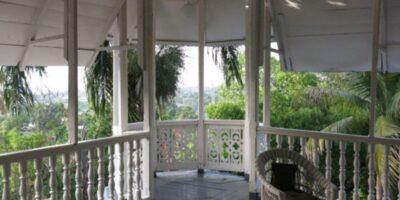
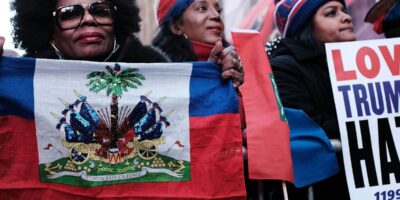
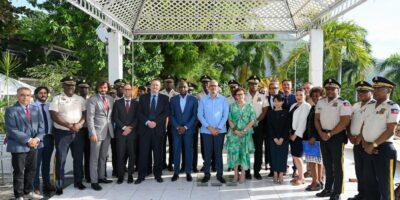
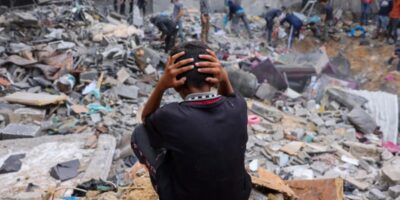
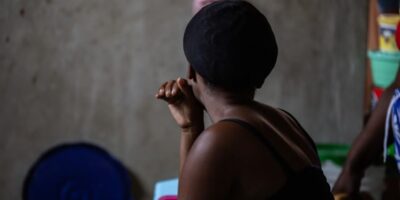
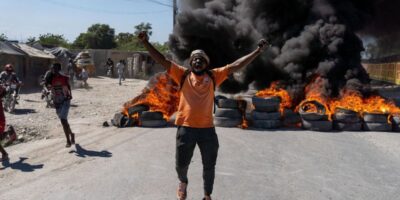
Comments